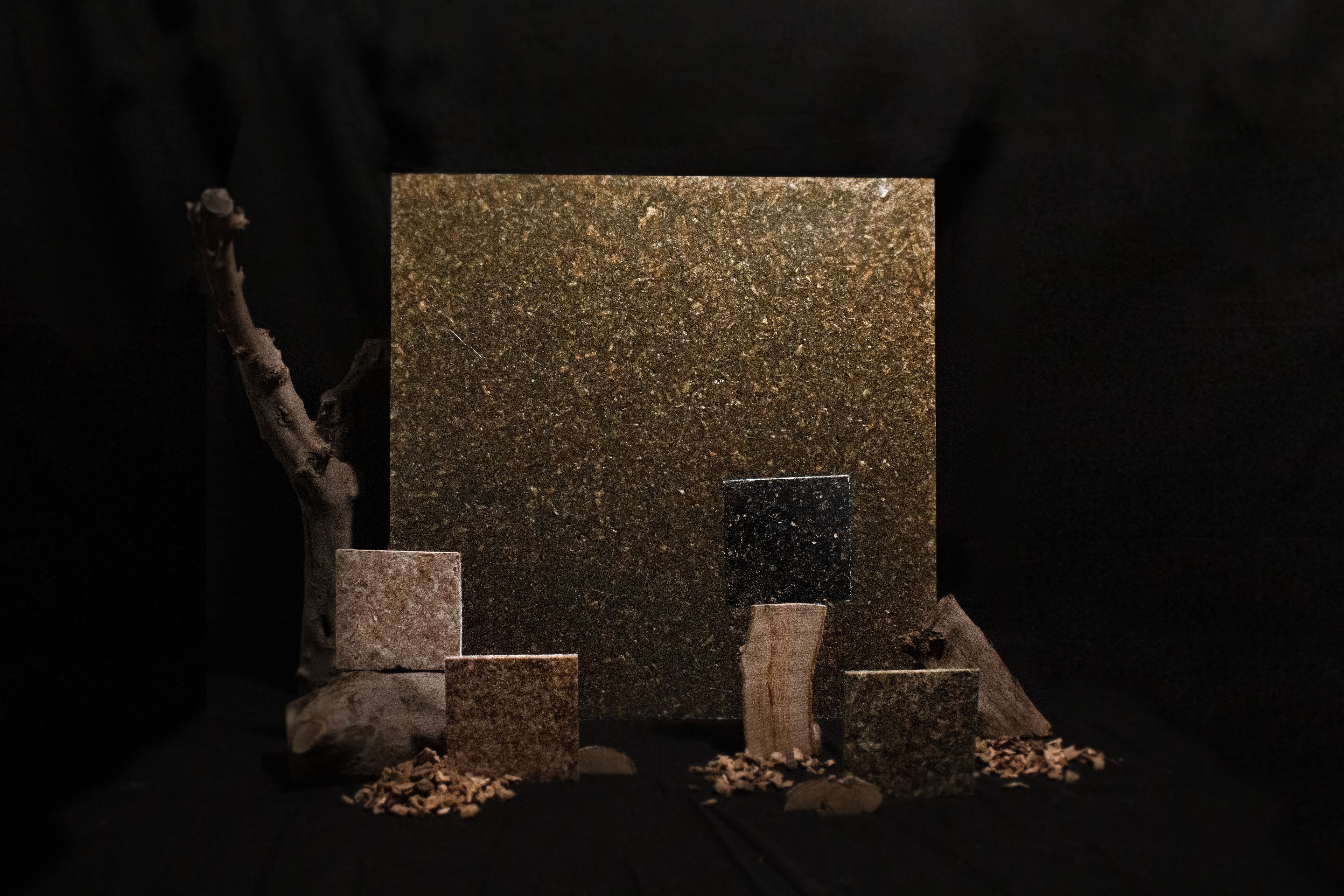
Climate Action Plan case study: Collections combatting the Climate Crisis

- Written byCollections Action Group

At UAL we have set up a Collections Action Group on Intersectional Environmentalism. We did this because curators, archivists and librarians from across the university wanted to challenge themselves to be more sustainable. We also wanted to challenge our sectors, which often cling to historic processes that are carbon hungry. Like covering library books with plastic, controlling the climate in stores or curators flying with loans. Finally, the Collections Action Group wanted to acknowledge the intersectional nature of the climate crisis. We believe that if we are to offer equitable solutions, we have to understand who is historically responsible for climate change, and who is most impacted.
When we first got together a lot of organisations had declared a climate emergency. However, it felt like nobody was telling us how we could be more sustainable at a grassroots level. The Collections Action Group began to think about what a sustainable collection might look like and how it might operate. We explored recyclable packaging materials. We questioned the way we went about digital preservation. We started looking at if we could turn down the air handling units in our stores.
It quickly became apparent that the Collections Action Group were not the only people doing this. The Museums Association, The Gallery Climate Coalition and KiCulture have all published resources to help us behave in a less carbon intensive and more sustainable way. One of the most useful things we could immediately do for our own community at UAL, and for the wider curatorial community, was to pull these resources together in a single place. We chose to do that with Padlets because climate action is an evolving landscape. Padlet allows people to add new resources so we can keep up with the change.
The resources
Declaring an emergency - this resource shares some of the reports and guidelines published by key organisations in the museum, library, archive and gallery sectors. It lists some of the networks you might join to find out more.
Activism - these resources explain how to cultivate an activist approach when tackling the climate crisis. They ask how collections can become catalysts for change and focal points for community building.
Collecting - this resource explores what and how to collect in a climate crisis, from records of the climate emergency, to activist art or work that evidences sustainable materials and processes.
Processes and practices - museums, galleries, archives and libraries need to challenge every aspect of their professional practice if they are to move to more sustainable models of working. These resources will help you think about everything you do from loans to storage conditions.
We hope you will find these resources useful and that you will add new ones so we can all play a part in combating climate change.
